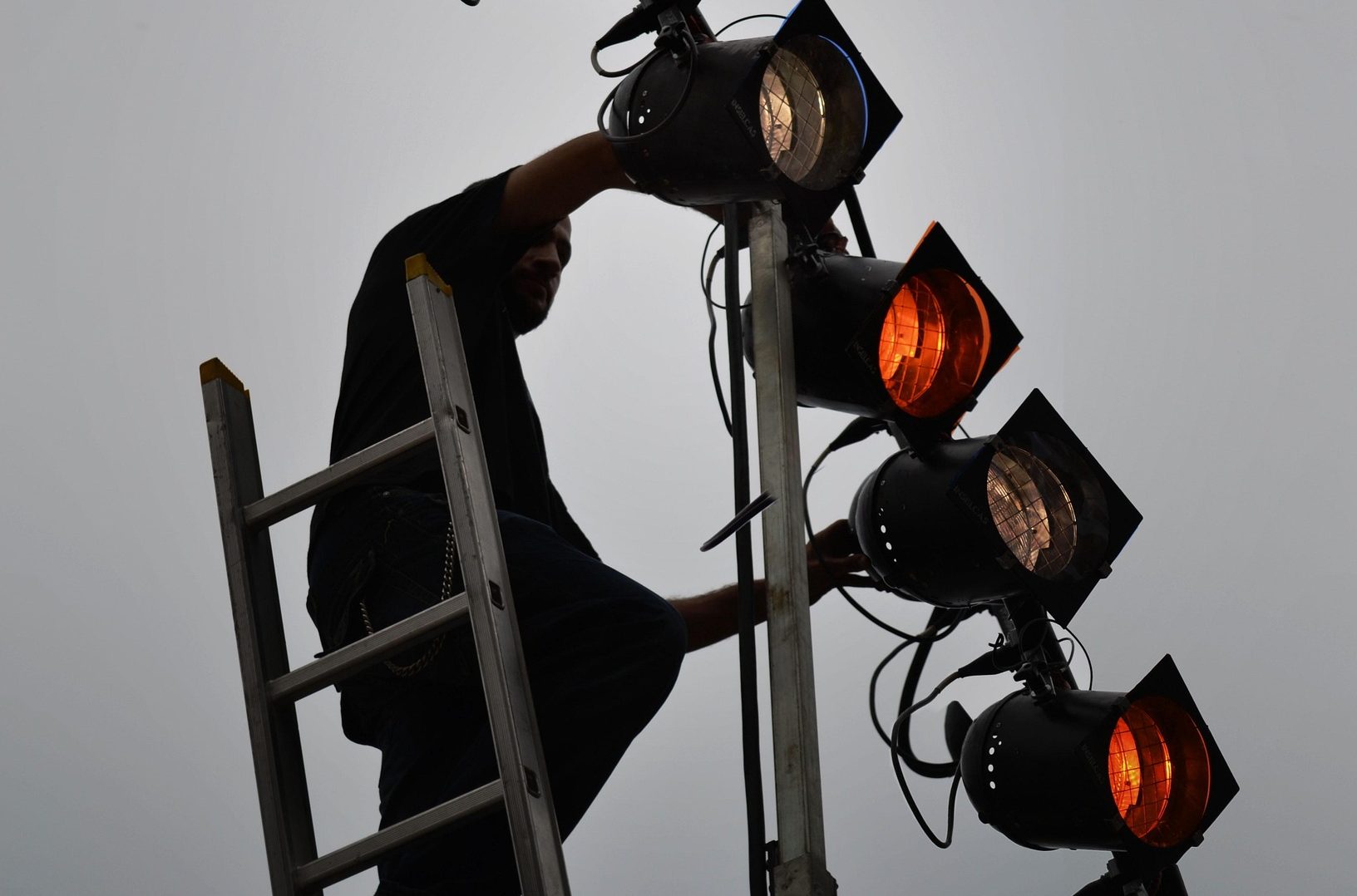Electrical grounding and bonding are critical components of electrical systems that ensure safety and prevent electrical shock. In this article, we’ll explore the importance of electrical grounding and bonding.
What is Electrical Grounding?
Electrical grounding refers to the connection of electrical systems to the earth, providing a safe path for electrical current to flow to the ground in case of a fault or short circuit.
What is Electrical Bonding?
Electrical bonding refers to the connection of metal parts of electrical systems to ensure that they are at the same electrical potential, preventing voltage differences that can cause electrical shock.
Importance of Electrical Grounding and Bonding
- Safety: Electrical grounding and bonding are essential for safety, as they prevent electrical shock and electrocution.
- Equipment Protection: Proper grounding and bonding can protect electrical equipment from damage caused by electrical surges and faults.
- Fire Prevention: Electrical grounding and bonding can help prevent electrical fires by providing a safe path for electrical current to flow to the ground.
- Code Compliance: Electrical grounding and bonding are required by electrical codes and standards, ensuring compliance and avoiding potential fines and penalties.
Benefits of Proper Electrical Grounding and Bonding
- Reduced Risk of Electrical Shock: Proper grounding and bonding can reduce the risk of electrical shock and electrocution.
- Improved Equipment Reliability: Proper grounding and bonding can improve the reliability of electrical equipment, reducing downtime and increasing productivity.
- Increased Safety: Proper grounding and bonding can increase safety by preventing electrical fires and electrical shock.
- Compliance with Electrical Codes: Proper grounding and bonding ensure compliance with electrical codes and standards, avoiding potential fines and penalties.
Common Electrical Grounding and Bonding Mistakes
- Inadequate Grounding: Inadequate grounding can lead to electrical shock and other safety hazards.
- Improper Bonding: Improper bonding can lead to voltage differences and electrical shock.
- Lack of Maintenance: Failure to maintain electrical grounding and bonding systems can lead to safety hazards and equipment damage.
Conclusion
Electrical grounding and bonding are critical components of electrical systems that ensure safety and prevent electrical shock. Understanding the importance of electrical grounding and bonding can help you identify potential safety hazards and take steps to prevent them. If you’re unsure about the electrical grounding and bonding of your electrical system, contact Tadoben Electrical Engineering Company. Our team of experienced electricians and engineers can help you design and install safe and reliable electrical systems.
Get in Touch
If you have any questions or would like to learn more about electrical grounding and bonding, please don’t hesitate to contact us. We’re here to help you ensure the safety and reliability of your electrical system.

